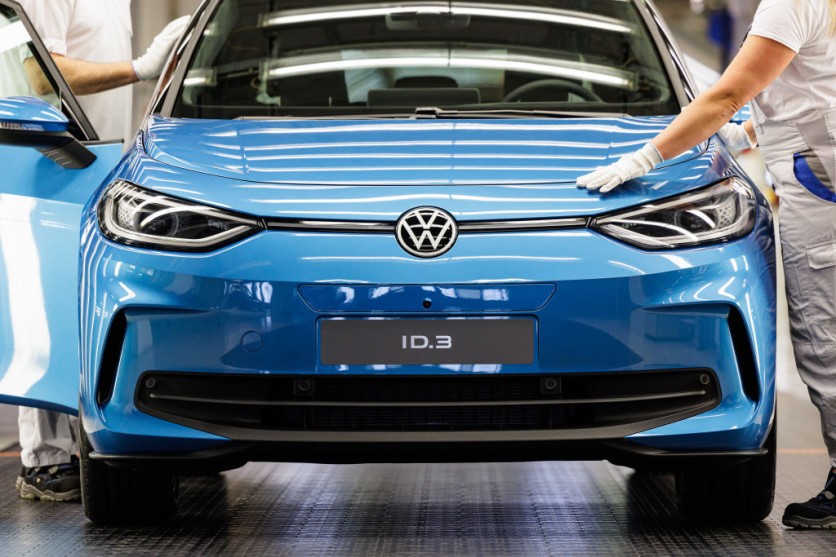Volkswagen just announced that the company just hit a milestone, revealing 1 million electric vehicles have been produced on its MEB electric vehicle platform. This is the backbone of Volkswagen's ID series and other vehicles from VW brands.

Achieving Milestone
A new milestone was achieved by the Volkswagen Group as the company revealed that the company produced 1 million electric vehicles on its MEB EV platform. According to a report from Electrek, VW's five brands helped the company to achieve this success, including Volkswagen, Audi, Cupra, ŠKODA, and Volkswagen commercials.
Volkswagen also teased in the same announcement that the five mentioned brands are pushing to build eight factories in different areas such as Europe, the United States, and China. This is part of the company group's effort to expand its offerings more broadly.
VW's MEB Platform
The modular electric drive matrix or the MEB Platform was officially revealed by the VW group as an effort to accelerate its EV strategy with several concept releases following the Audi e-tron. This is also the same platform that supports VW's ID electric vehicle series and other EVs from the company's group.
ID.3, ID.4 electric SUV, ID.5, ID.6 China all obtains the MEB platform as its base, including the upcoming flagship id.7 electric sedan that is expected to be out in Europe later this year and in the United States in 2024.
Audi, Cupra, and ŠKODA also utilize the platform for their vehicles like the Q$ e-tron and Q5 e-tron, BORN EV, and ENYYAQ iV all ride on the architecture of the MEB platform. Meanwhile, Ford launched two EVs in Europe last 2020 that also have the same base despite having its own in-house technology.
Engadget reported that the partnership between the two will serve a key role in expanding Ford's presence in the European region. Developing their own platform will delay the roll-out as it will take, which is clearly why the company used VW's MEB platform to help bridge the gap in the company.
Late last year, the group confirmed its plans to upgrade its MEB platform as it set up a fundamental revision of the automaker's battery-electric vehicle strategy. Wards Auto reported that this investment cost $1.6 billion that encompasses the development of more-advance battery cell technology among other changes.
This effort aims to build a central pillar in promoting greater competitiveness, scale of economies, production efficiency, and profitability in the company's planned volume-market electric vehicles. The investment will be an extension of the production life well beyond compared to the previous strategy.
Related Article : Volkswagen Experiences Disruption from Protesters During Annual Meeting Over Labor Practices





